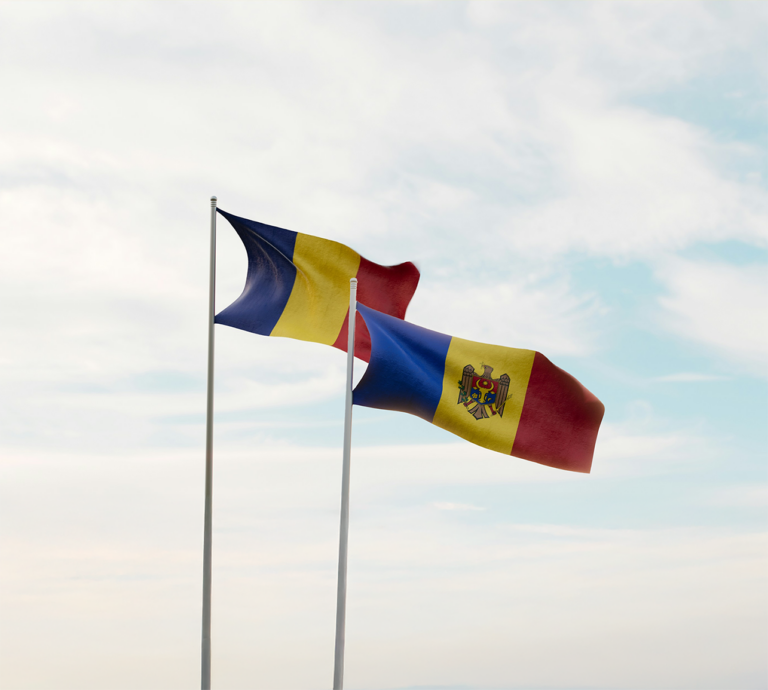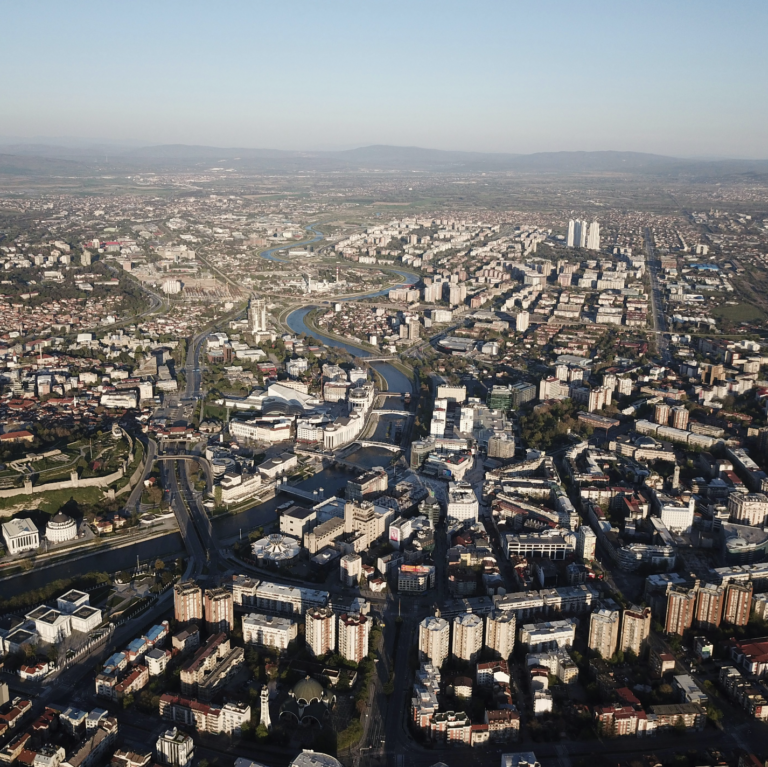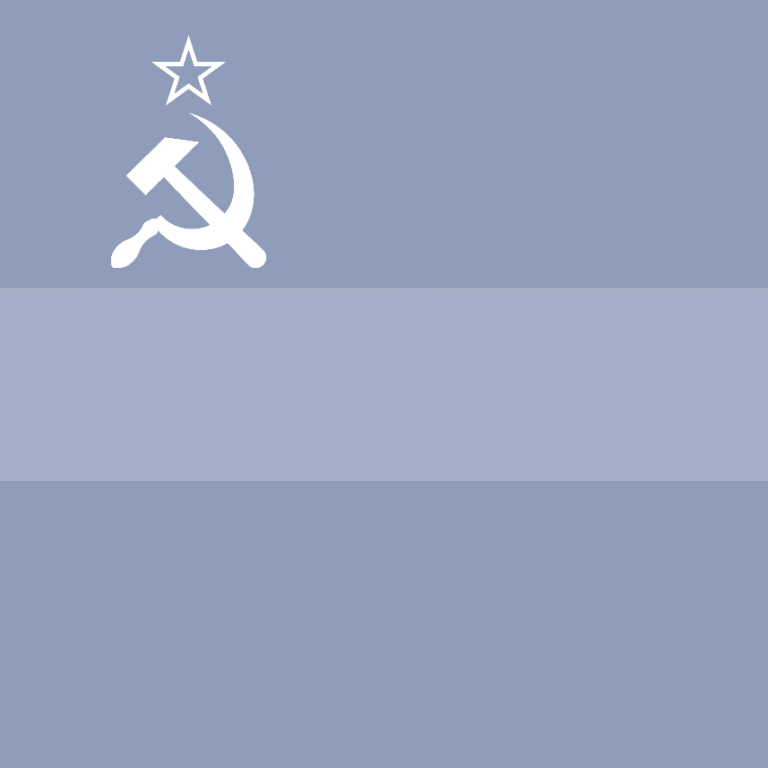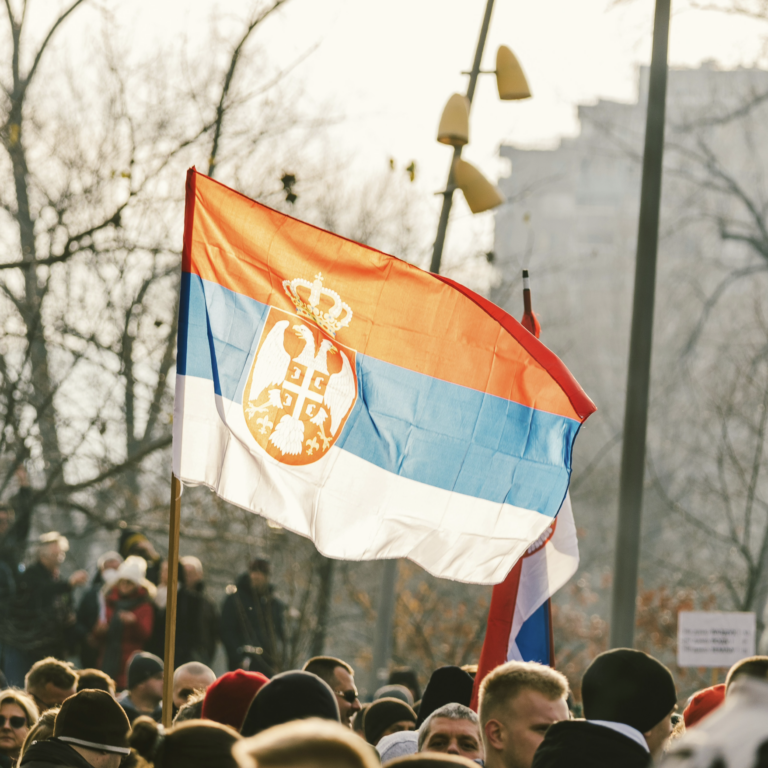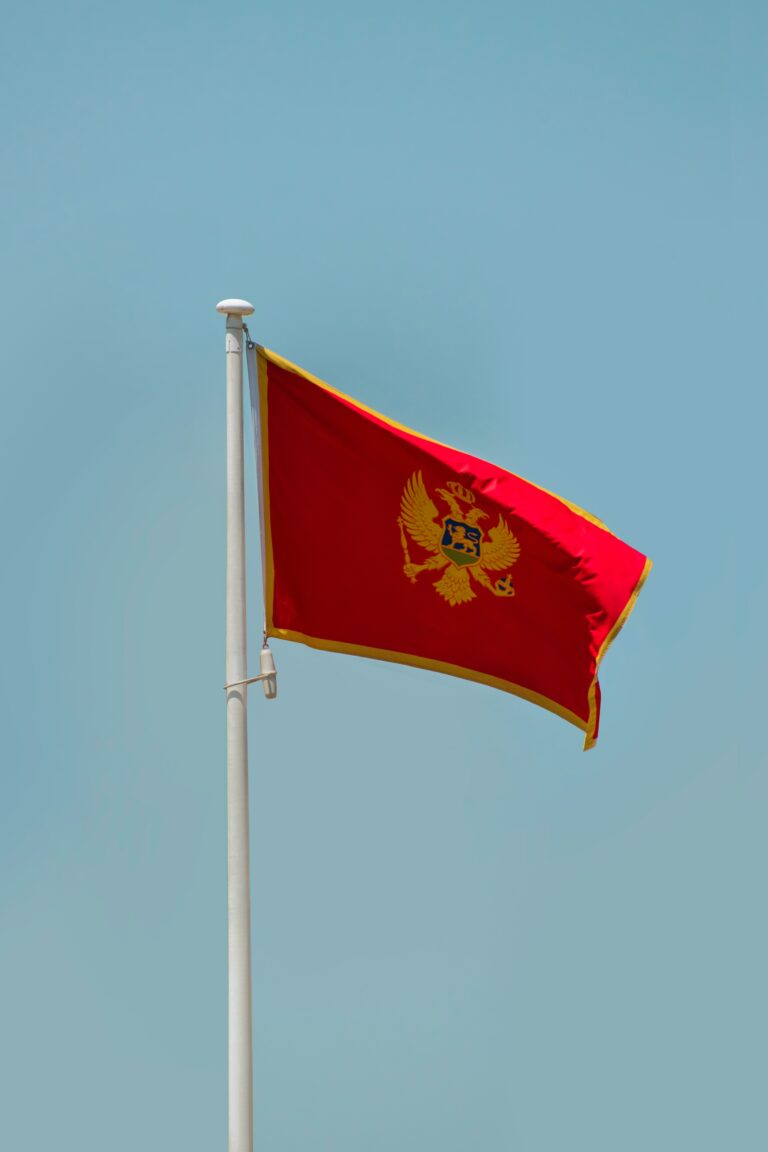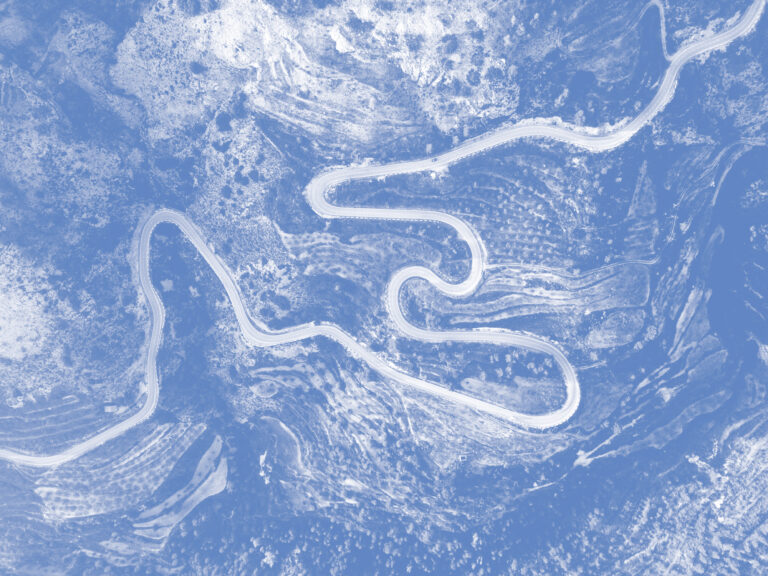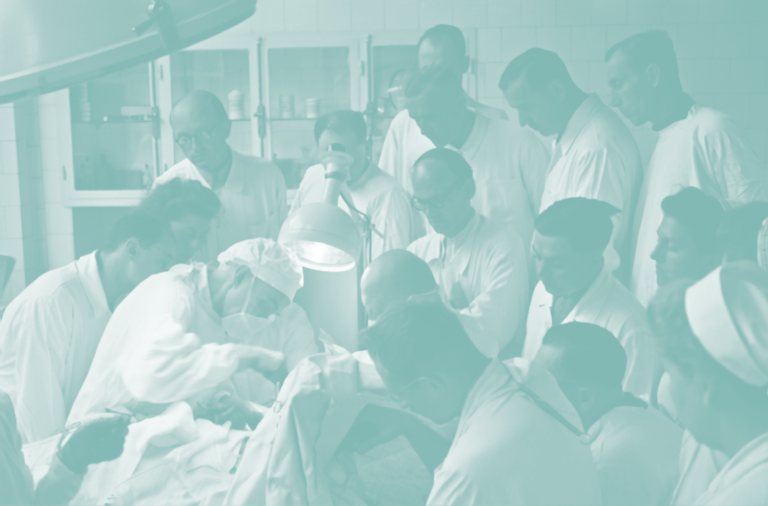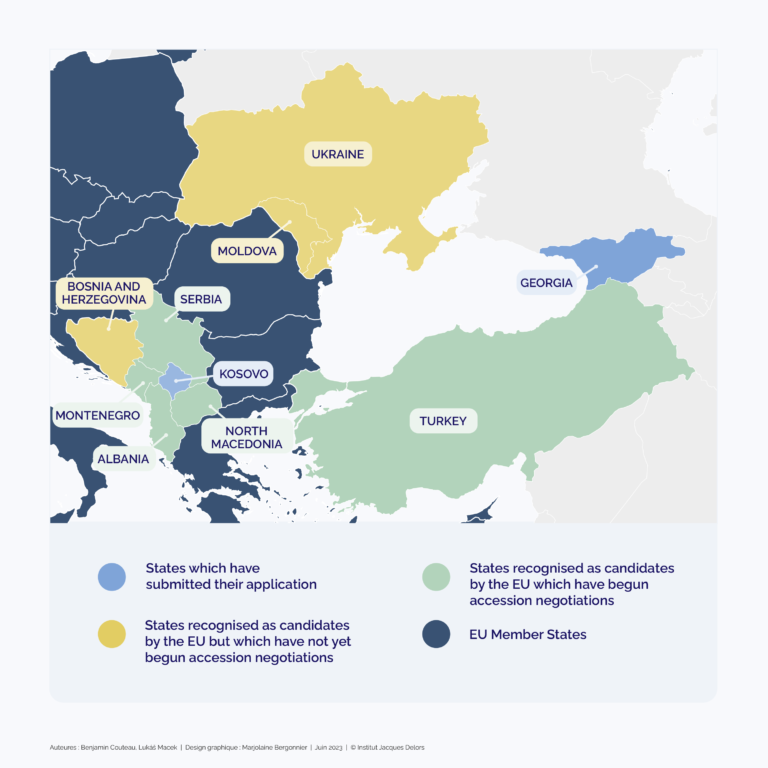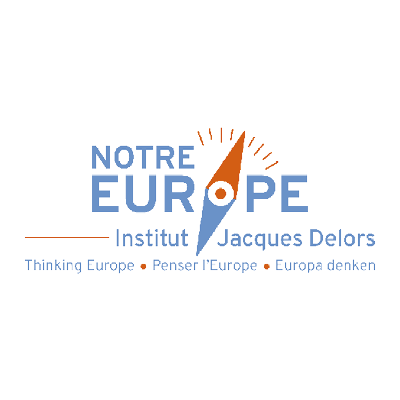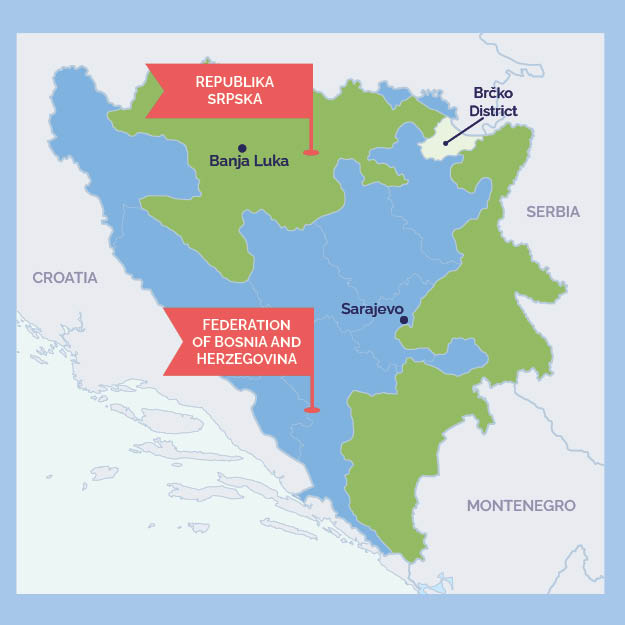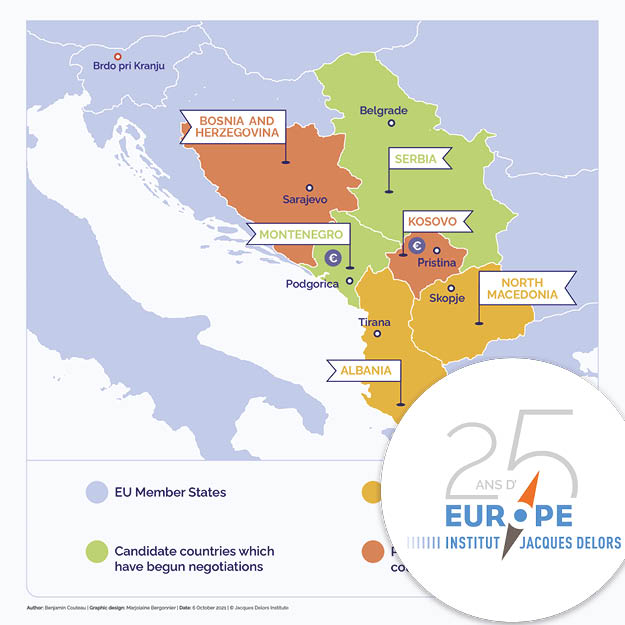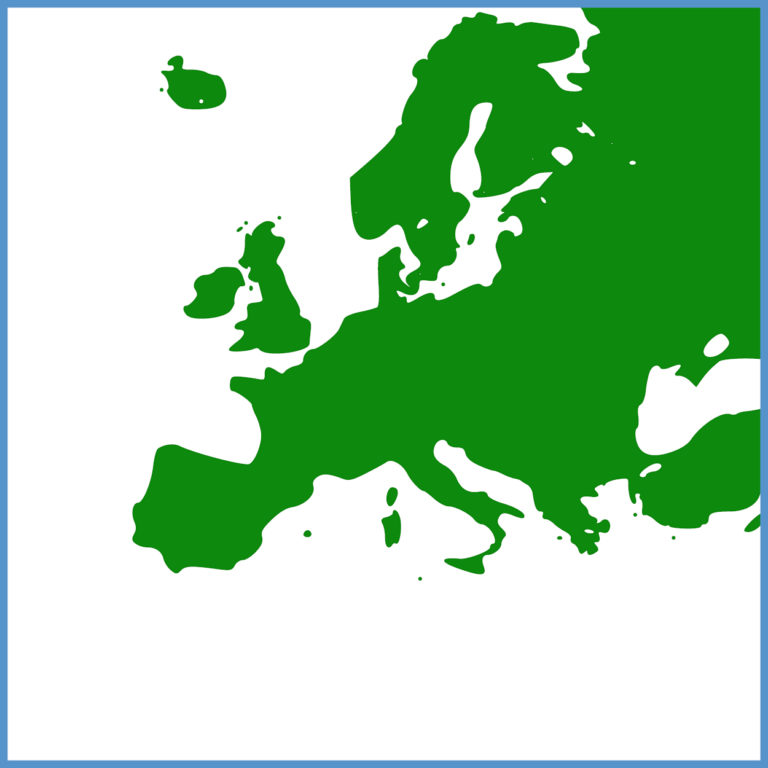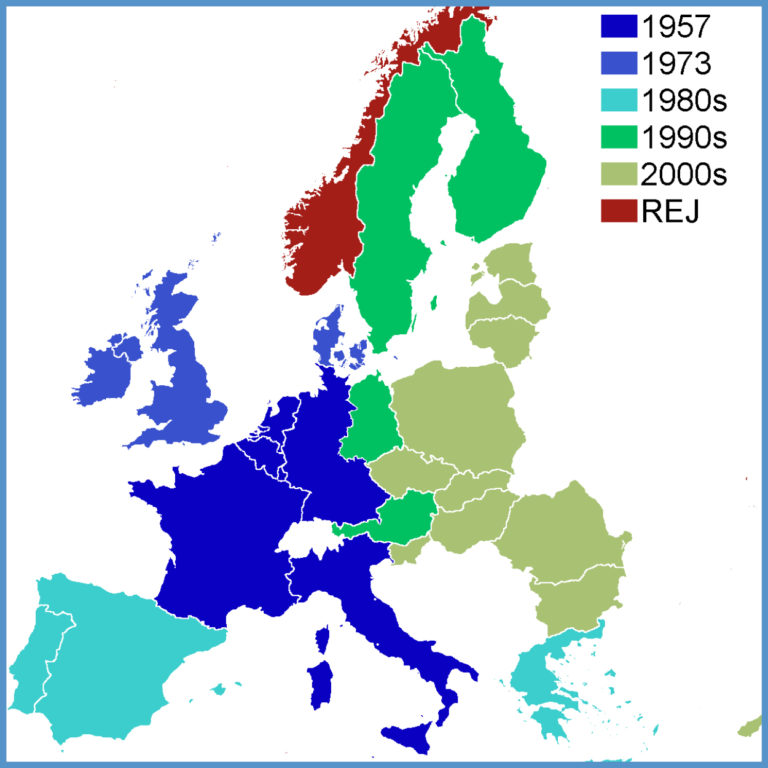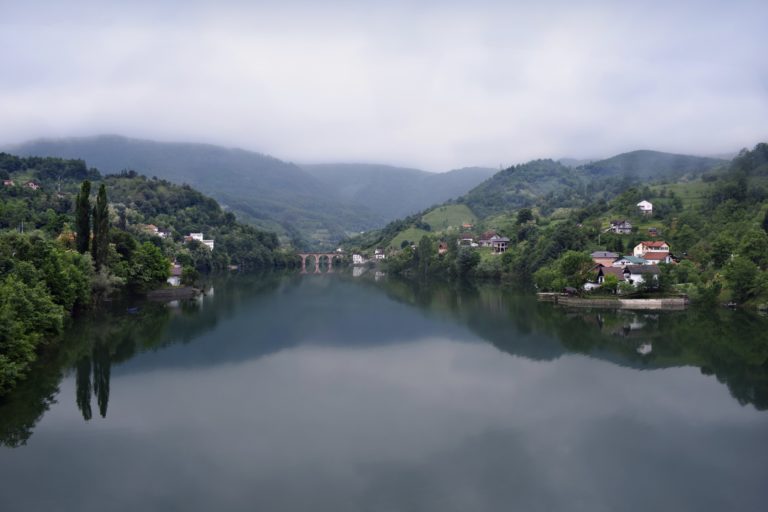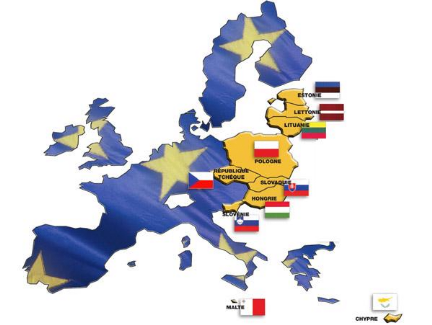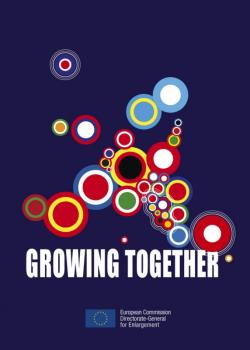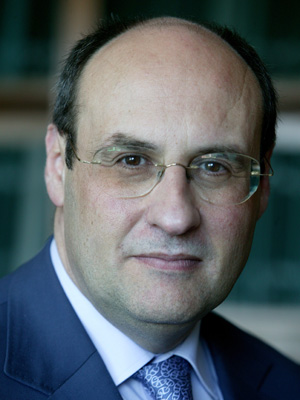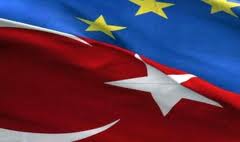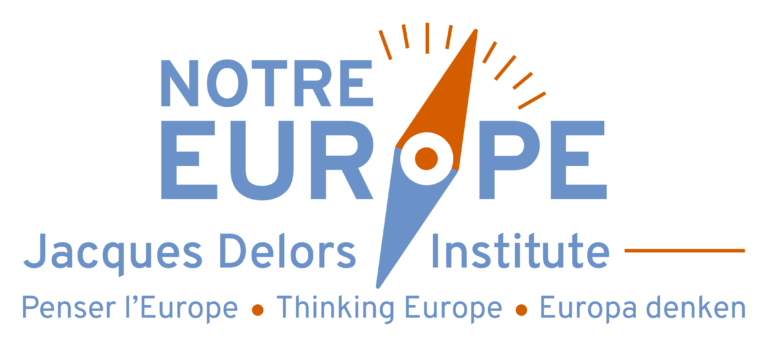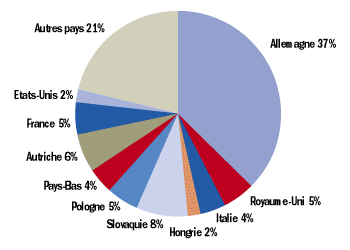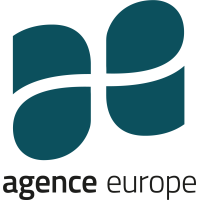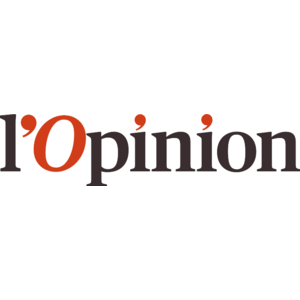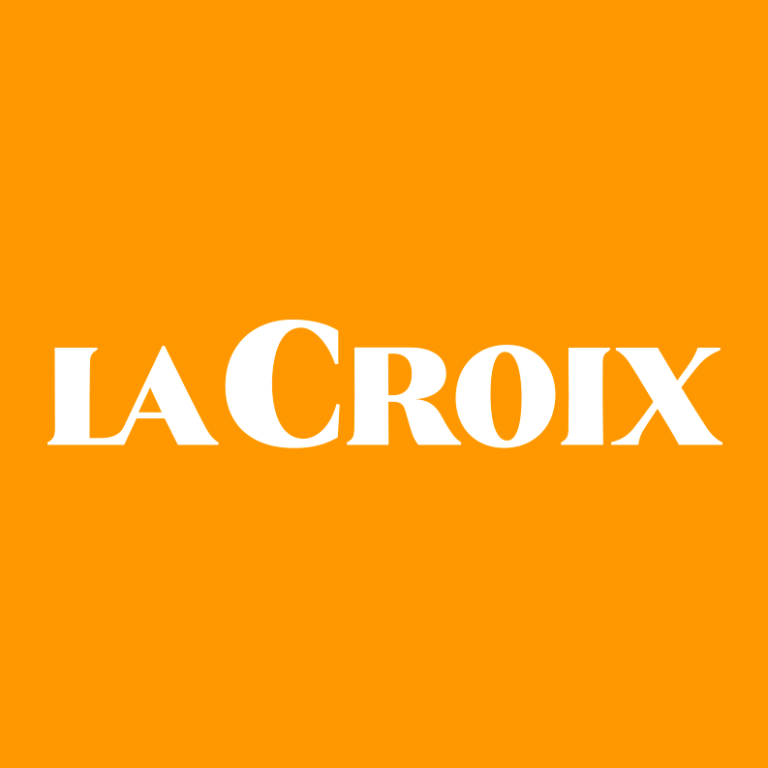Brief
Towards an Agenda 2030 for Enlargement
Recommendations to consolidate the relaunch of the EU accession process
Quote this publication
Macek, L., Maillard, S. & Mirel, P. “Towards an Agenda 2030 for Enlargement”, Brief, Jacques Delors Institute, December 2024
Stalled until 24 February 2022, the enlargement policy has since featured among the top priorities of the European Union. In the light of Russia’s aggression, the bloc has witnessed the cost of non-enlargement and the eminently geopolitical value of a credible accession path. However, the prospect of a “Europe of 30+” also raises concerns among the 27 Member States because of the institutional, socio-economic, budgetary and internal cohesion challenges it raises altogether. The new institutional cycle (2024-2029) should enable this policy to consolidate its renewed momentum, echoing that of 2004. To achieve this, it must be driven and closely coordinated by the Commission, with greater involvement of the Member States and candidate countries at all levels, and embrace gradual integration based on a strategic document to be adopted: an Agenda 2030, in reference to Agenda 2000, which in 1997 paved the way for the 2004 enlargement.
SUR LE MÊME THÈME
ON THE SAME THEME
PUBLICATIONS
Romania and Moldova in 2025: Navigating Political Change

Adapting the EU budget to make it fit for the purpose of future enlargements

North Macedonia’s EU path: Challenges and opportunities in 2025

Albania’s steep road for accession by 2030

Enlargement needs an Associated State status

THE EUROPEAN POLITICAL COMMUNITY

Transnistria, in the shadow of the war in Ukraine

New Growth Plan for the Western Balkans

Montenegro’s EU Push: Imminent Opportunities and Challenges

Elections in Serbia 2023: One month later

Montenegro’s new government: marching towards the European Union

Rival Influences in the Western Balkans: Hard Facts and Limitations

The European Political Community’s own merits and limits

Depopulation in the Western Balkans

[FR] Kosovo/Serbia tensions

[FR] In the minds of the Balkans

Enlargement of the European Union: an unexpected revival

Advocating gradual accession to the European Union

How enlargement accomplishes European unity while changing its nature

Launch of the Jacques Delors Institute’s Grande Europe Centre dedicated to enlargement

The European Political Community

Bosnia and Herzegovina under pressure

Western Balkans:
where is the enlargement process up to?

How would the EU accession procedure
really improve?

France’s questionable arguments against EU enlargement

Élargissement :
Faire tomber le mur du rejet

United in growing diversity: How the EU takes intercultural relations into account in its Western Balkans enlargement policy

The EU and enlargement ten years on: success and improvement

What borders for the EU: a variable geometry neighborhood?

“Europe” and its “enlargements”: enough… or do we want more?

Averting two pitfalls: illusion and inertia

Desperately looking for more EU-Turkey geo-political and geo-economic cooperation

Enlargement of Europe: some consequences for France

Turkey at the gates of Europe

Adaptation of Cohesion policy to the enlarged Europe and the Lisbon and Göthenburg objectives

Speech of Jacques Delors at the Conference of European Institutes of Statistiques

Direct investement in new Central and Oriental Europe’s member

An “Avant-garde” driving the European unification process forward

MÉDIAS
MEDIAS
L’Albanie au grand défi d’adhérer en 2030

En Géorgie comme en Moldavie, les dirigeants européens doivent soutenir la démocratie

Géorgie, Moldavie, Ukraine : l’Europe est-elle en train de perdre son flanc oriental ?











